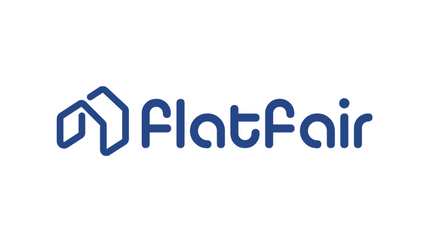
Most UK banks have taken the strictest approach, applying full Customer Due Diligence (CDD) to every underlying party, not just the agent. This has led to identity checks on every single landlord and tenant, operational overload, and account closures and service refusals when checks aren’t feasible.
Understanding Regulation 37 and the confusion it caused
Regulation 37 of the Money Laundering, Terrorist Financing and Transfer of Funds Regulations 2017 governs when a firm can apply Simplified Due Diligence (SDD) if it assesses the money laundering risk as low and has appropriate supervision.
For letting agents supervised under the Money Laundering Regulations (typically by HMRC), this should mean they can apply SDD to their clients i.e. landlords and tenants.
But it’s here where the breakdown between the property sector and the banks occurs.
The banks’ position
Many banks view PCAs as inherently high risk due to the presence of third-party funds. As a result, they will often:
- Decline to rely on the letting agent’s risk assessment
- Refuse to accept SDD, even when the agent is properly supervised
- Close or decline pooled accounts altogether
This isn’t about banks refusing to apply SDD to the agent. It’s about banks not accepting that the agent can apply SDD to the underlying clients.
The 2023 consultation and the turning point
In June 2023, HM Treasury launched a consultation to improve the UK’s AML regulations, prompted by the inconsistent treatment of PCAs under Regulation 37.
UK Finance raised the issue that banks were frequently rejecting SDD, even when legally permitted.
As part of the post-consultation reform programme, Regulation 37 is being rewritten to:
- Clarify who the “customer” is in a pooled account
- Confirm that supervised businesses (like HMRC-registered letting agents) can apply SDD when risk is low
- Define specific criteria under which SDD is appropriate for PCAs
- Provide banks with a clear legal foundation to support these accounts, reducing ambiguity and regulatory risk
The revised regulation is expected by late 2025 or early 2026.
What does this mean for letting agents?
If you are supervised under the MLRs, this reform is very good news.
Once implemented, the revised Regulation 37 will:
- Let banks treat the letting agent as the customer
- Allow agents to apply SDD to landlords and tenants in low-risk cases
- Make pooled client accounts viable and supported by clear, risk-based rules
- Reduce the admin burden and uncertainty caused by full CDD requirements
If your business is not currently supervised, now is the time to review your AML obligations and consider registering with HMRC. Supervision may soon be essential to maintain access to banking services and benefit from the new regulatory clarity.
How The Letting Partnership can help
At The Letting Partnership, we’ve seen first-hand how these issues have affected agents, from abrupt account closures to difficulties in managing client funds compliantly. We are proud to support letting agents with fully compliant client accounting services
- Struggling with bank account issues?
- Need help managing client money securely and compliantly?
We’re here to help. Book a free consultation to talk to a compliance specialist about your options
Final thoughts
What began as a technical oversight has snowballed into a critical issue affecting thousands of professional letting agents, and the uncertainty around Regulation 37 has had real-world consequences. The upcoming reform is a rare opportunity to bring clarity, fairness, and functionality back to the industry.
At The Letting Partnership, we’ll continue to advocate for your interests and provide the services and support you need to navigate this changing landscape confidently. Let’s move forward together.
The Letting Partnership: Client accounting
The Letting Partnership was created with the express purpose of supporting and promoting professionalism within the property industry specifically in the areas of client accounting and Client Money Protection.




